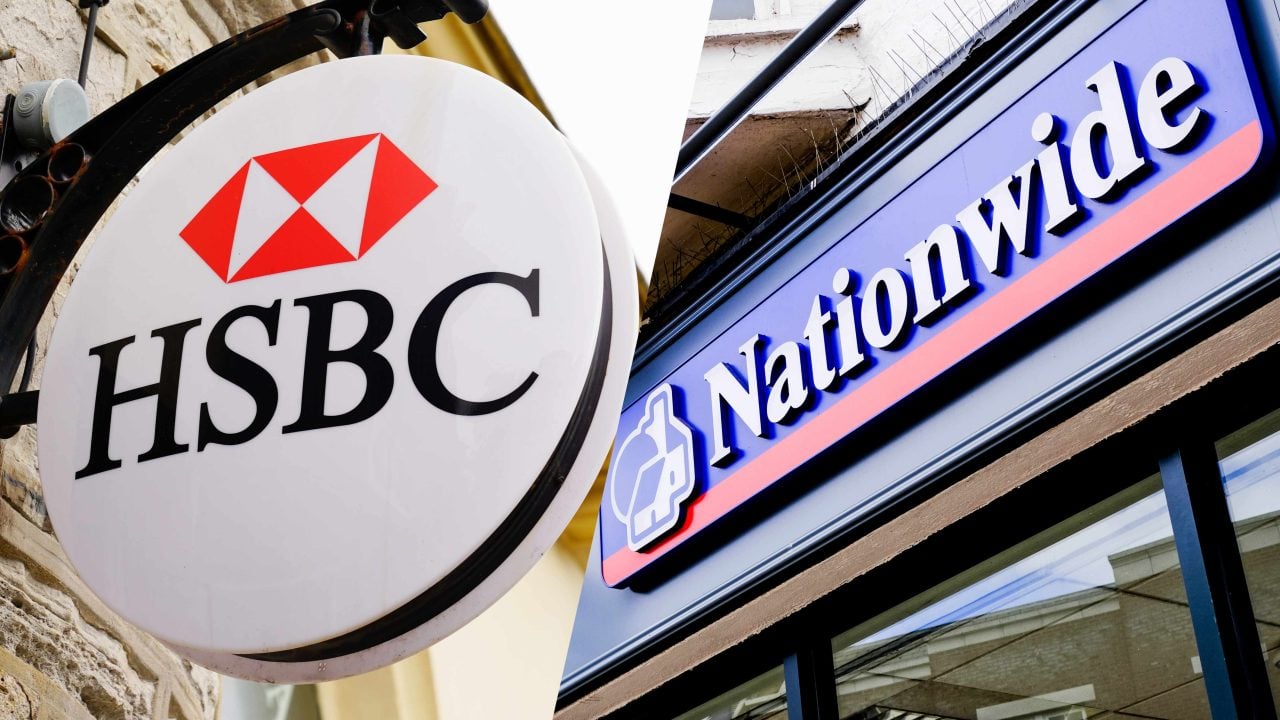Bitcoin attracts banks: Study shows that over 130 US banks are exploring crypto
In response to growing demand for bitcoin and other cryptocurrency-related services, a growing number of banks in the United States under the umbrella of the Federal Deposit Insurance Corporation are exploring the digital currency space.
The trend reflects the interconnection of cryptoassets and associated products and services with the regulated financial system.
According to data from the FDIC, as of January 2023, about 52 million Americans have invested in bitcoin and various types of crypto-assets, and 136 banks planned or were already involved in various crypto-related initiatives.
More American banks are drawn to Bitcoin
The Office of Inspector General, an independent office within many US government agencies, published a report on February 17, indicating the growing involvement of banks in the digital asset industry.
The report also calls for proper guidelines for lenders under the FDIC mandate, emphasizing the need to ensure that their policies and procedures consider the risks associated with digital assets, particularly when it comes to deposit insurance.
Source: www.fdicoig.gov
Although the FDIC does not have a direct role in the regulation or oversight of cryptocurrencies, the FDIC provides insurance to protect depositors in the event of bank failure, and there have been discussions about the potential for the FDIC to regulate cryptocurrency custodians.
Cryptocurrency custodians hold digital assets on behalf of others, in the same way that banks hold traditional assets such as cash and securities.
The demand for crypto-related services is growing
The OIG report underscores the FDIC’s role in supporting the U.S. financial system, as it insures nearly $10 trillion in deposits at more than 4,700 banks, oversees over 3,200 banks, and oversees the $125 billion Deposit Insurance Fund (DIF) that protects bank deposit accounts . and resolves failing banks.
The growing involvement of banks in the digital asset industry shows the growing demand for cryptocurrency-related services and reflects the growing popularity of assets such as Bitcoin.
At the time of writing, Bitcoin’s market cap is around $461 billion, while the total market cap for all cryptocurrencies is $1.05 trillion, according to data from Coingecko and TradingView. Bitcoin is currently trading at $23,908, data shows.
The FDIC must work with other regulators to provide clarity regarding the regulation of digital assets and ensure that its investigations, policies, and procedures address consumer risks related to digital assets, including the relationship between deposit insurance and digital assets.
FDIC: Cautious approach to crypto
The FDIC has generally taken a cautious approach to cryptocurrencies because of the perceived risk they pose to the broader financial system. Despite these concerns, however, many banks under the FDIC have explored the crypto space in response to growing consumer demand for cryptocurrency-related services.
While the FDIC has not been directly involved in regulating cryptocurrencies, there have been discussions surrounding the potential for the agency to play a role in regulating cryptocurrency custodians – companies or individuals that hold digital assets on behalf of others.
Crypto total market cap at $1 trillion on the daily chart | Chart: TradingView.com
As the US government attempts to establish a clear regulatory framework to manage the cryptocurrency industry, the recent Executive Order by US President Joe Biden is expected to provide more clarity on how cryptocurrencies will be regulated going forward.
While it is not yet clear what specific rules will be put in place, the order is expected to signal a more proactive approach to managing the risks associated with cryptocurrencies, and is likely to have implications for banks and other financial institutions operating in the space.
– Featured image from DataDrivenInvestor


